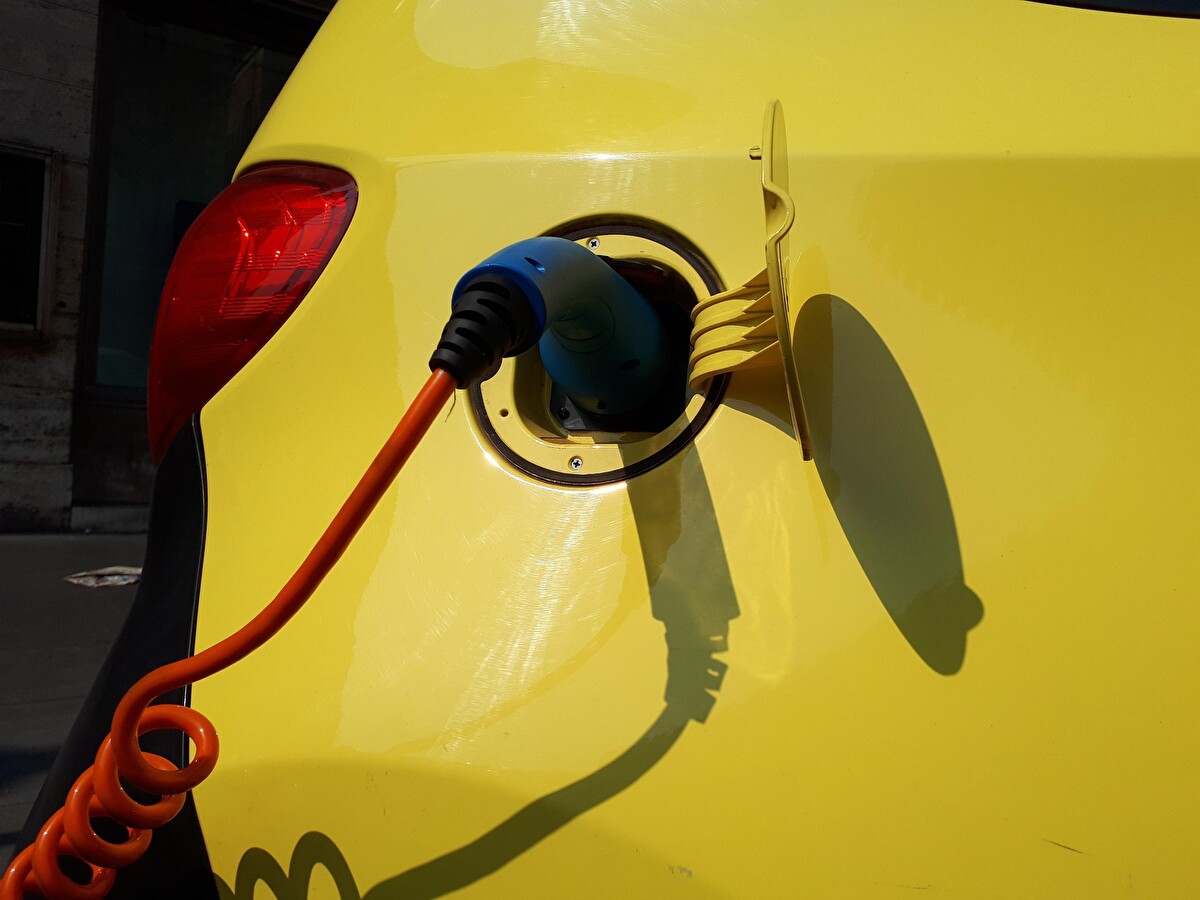A New York City campaign funding fraud was reportedly discovered by The New York Times – in a scheme allegedly intended to fool the Big Apple’s matching funds program.
Rather than fostering more democracy, some candidates utilized the NYC system, which provides eight dollars of public funds for every dollar received by a local resident in order to enhance a candidate’s ability to compete against well-funded opponents, as a tool to fraudulently increase their eligibility for public funds by falsifying petty contributions without the knowledge of the alleged donors.
The Times has expressly named Dao Yin, a Chinese-born candidate in the Democratic primary in a mostly Asian neighborhood east of La Guardia Airport, as one of the accused abusers. After reporting just under $28,000 in contributions—almost all of which came from small-dollar donors, some of whom have denied any involvement—Mr. Yin got over $163,000 in taxpayer cash. Mr. Yin raised half of his total directly from individuals in the form of cash, which is a far larger percentage than the 5.2 percent average for all other Assembly candidates taking part in the matching system.
As of right now, Mr. Yin has not been charged with any crimes.
Candidates who provide fraudulent information to the Public Campaign Finance Board, a regulating agency, may be subject to a fine of up to $15,000, confiscation of any public monies they have received, and referral to police enforcement, according to New York election law. Knowingly providing a public entity with false information can also be considered a felony, with possible accusations ranging from grand theft to submitting a fake instrument for filing.
Albany watchdogs had long pushed for the state’s leaders to implement a matching-funds system like the long-running one in New York City, arguing that it would strengthen the voices of small contributors and lessen the sway of big-money interests. Ultimately, a weakened version of the city’s system with characteristics that favored the incumbents, significantly less supervision, and less protections was passed in 2020.
The state matching program compensates small-dollar donations eight to one, a far more generous arrangement than the city’s. In contested campaigns, state candidates may receive public funds up to $12 for every dollar contributed by district residents donating between $5 and $50, with lesser matching amounts available for contributions beyond that amount, up to $250.
However, as the New York Times notes, in contrast to the city’s approach, the state does not disclose the names of bundlers—powerful fund-raisers who get funding from outside sources—and does not impose spending caps or require audits of all candidates.











